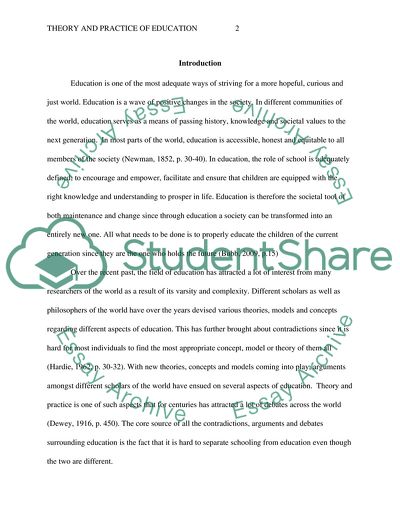Cite this document
(Theory and Practice of Education Literature review Example | Topics and Well Written Essays - 3000 words, n.d.)
Theory and Practice of Education Literature review Example | Topics and Well Written Essays - 3000 words. https://studentshare.org/education/1855265-theory-and-practice-of-education-how-important-is-it-that-education-is-immediately-and-obviously-relevant-to-the-interests-of-the-pupils-and-to-life-in-society
Theory and Practice of Education Literature review Example | Topics and Well Written Essays - 3000 words. https://studentshare.org/education/1855265-theory-and-practice-of-education-how-important-is-it-that-education-is-immediately-and-obviously-relevant-to-the-interests-of-the-pupils-and-to-life-in-society
(Theory and Practice of Education Literature Review Example | Topics and Well Written Essays - 3000 Words)
Theory and Practice of Education Literature Review Example | Topics and Well Written Essays - 3000 Words. https://studentshare.org/education/1855265-theory-and-practice-of-education-how-important-is-it-that-education-is-immediately-and-obviously-relevant-to-the-interests-of-the-pupils-and-to-life-in-society.
Theory and Practice of Education Literature Review Example | Topics and Well Written Essays - 3000 Words. https://studentshare.org/education/1855265-theory-and-practice-of-education-how-important-is-it-that-education-is-immediately-and-obviously-relevant-to-the-interests-of-the-pupils-and-to-life-in-society.
“Theory and Practice of Education Literature Review Example | Topics and Well Written Essays - 3000 Words”. https://studentshare.org/education/1855265-theory-and-practice-of-education-how-important-is-it-that-education-is-immediately-and-obviously-relevant-to-the-interests-of-the-pupils-and-to-life-in-society.


